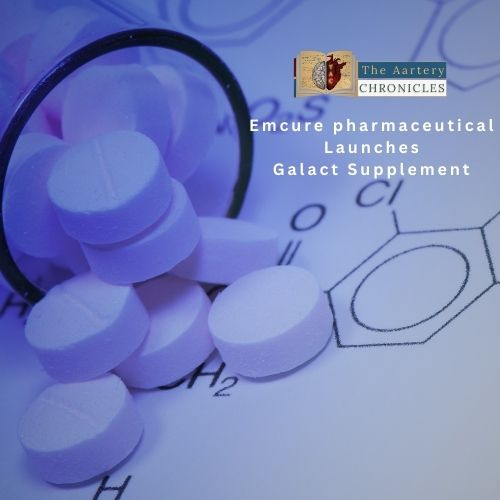

You Won’t Believe How This Antibiotic Fights Hair Loss
A recent study by researchers at NYU Langone Health has found that lower doses of the commonly used antibiotic doxycycline are just as effective as higher doses in treating a rare type of chronic hair loss. This condition, known as lymphocytic scarring alopecia, occurs when the immune system mistakenly attacks hair follicles, leading to permanent hair loss and scarring. The findings suggest that patients can achieve the same benefits with fewer side effects by taking lower doses of the medication.
The Condition and Traditional Treatment
Lymphocytic scarring alopecia is a rare autoimmune condition that results in inflammation, hair follicle damage, and permanent hair loss. Doctors typically prescribe doxycycline in relatively high doses to manage symptoms and reduce inflammation. However, these high doses can cause side effects such as nausea, vomiting, and skin rashes, which may discourage patients from continuing treatment.
Study Findings: Low vs. High Doses
The study, published in the Journal of the American Academy of Dermatology, analyzed data from 241 men and women treated for lymphocytic scarring alopecia at NYU Langone Health between 2009 and 2023. Researchers compared the effectiveness of low-dose doxycycline (20 milligrams taken twice daily) with high-dose doxycycline (up to 100 milligrams taken twice daily).
The results showed no significant difference between the two groups in terms of scalp inflammation, perceived severity of hair loss, or clinical measurements such as hair density and hairline recession. In other words, both low and high doses were equally effective in treating the condition.
Fewer Side Effects with Lower Doses
One key advantage of lower doses was a reduction in side effects. The study found that:
- 23% of patients on high doses experienced negative side effects, compared to only 12% of those on low doses.
- 25% of patients on high doses stopped treatment due to gastrointestinal issues, whereas only 16% of those on low doses discontinued treatment.
Additionally, lower doses of doxycycline may be better for gut health. High doses of the antibiotic can disrupt the balance of beneficial bacteria in the digestive system, but doses below 40 milligrams have been shown to be less harmful to these important microbes.
Reducing Antibiotic Resistance
Another important benefit of using lower doses is the potential to slow the rise of antibiotic-resistant bacteria. Overuse of antibiotics contributes to the development of drug-resistant bacterial strains, making infections harder to treat. Health professionals are now emphasizing “antibiotic stewardship,” which involves prescribing antibiotics only when necessary and in the lowest effective doses to reduce this risk.
Psychological Impact of Hair Loss
Hair loss can have a profound impact on self-esteem, social interactions, and mental health. Many individuals with alopecia experience anxiety, depression, and social stigma. According to the study’s senior author, Dr. Kristen Lo Sicco, improving treatment options for lymphocytic scarring alopecia is essential not only for managing hair loss but also for addressing its emotional and psychological effects.
Future Research
While this study provides valuable insights, the researchers acknowledge its limitations. Most participants were white, so future studies will aim to include a more diverse group of patients. Additionally, the team plans to investigate the underlying causes of lymphocytic scarring alopecia, which remain poorly understood.
Conclusion
The findings from this study suggest that lower doses of doxycycline can effectively treat lymphocytic scarring alopecia while reducing side effects and minimizing the risk of antibiotic resistance. These results provide a promising path for improving patient care and making treatment more tolerable for those affected by this rare condition.
Source: Inputs from various media Sources

Priya Bairagi
Reviewed by Dr Aarti Nehra (MBBS, MMST)
I’m a pharmacist with a strong background in health sciences. I hold a BSc from Delhi University and a pharmacy degree from PDM University. I write articles and daily health news while interviewing doctors to bring you the latest insights. In my free time, you’ll find me at the gym or lost in a sci-fi novel.








